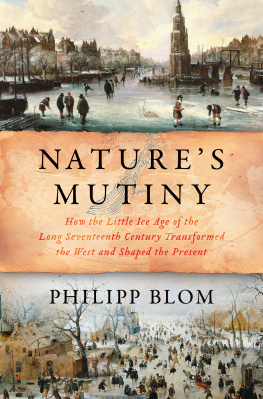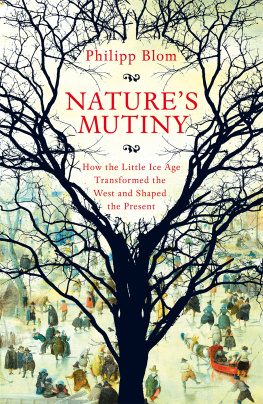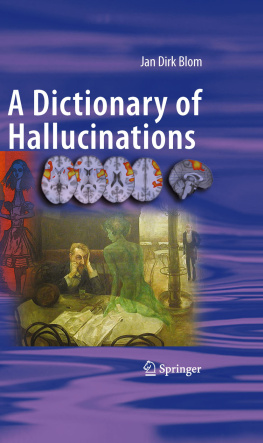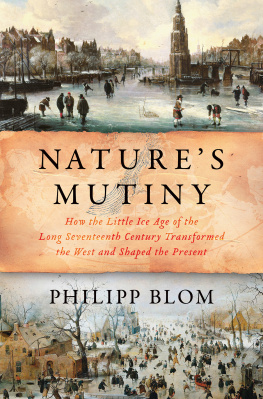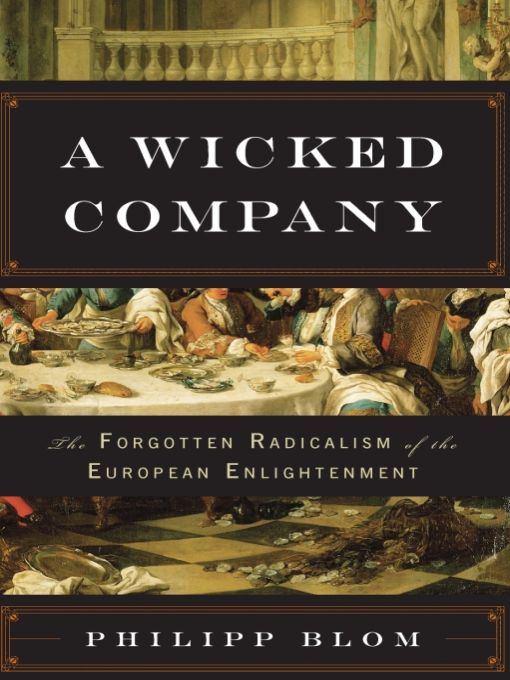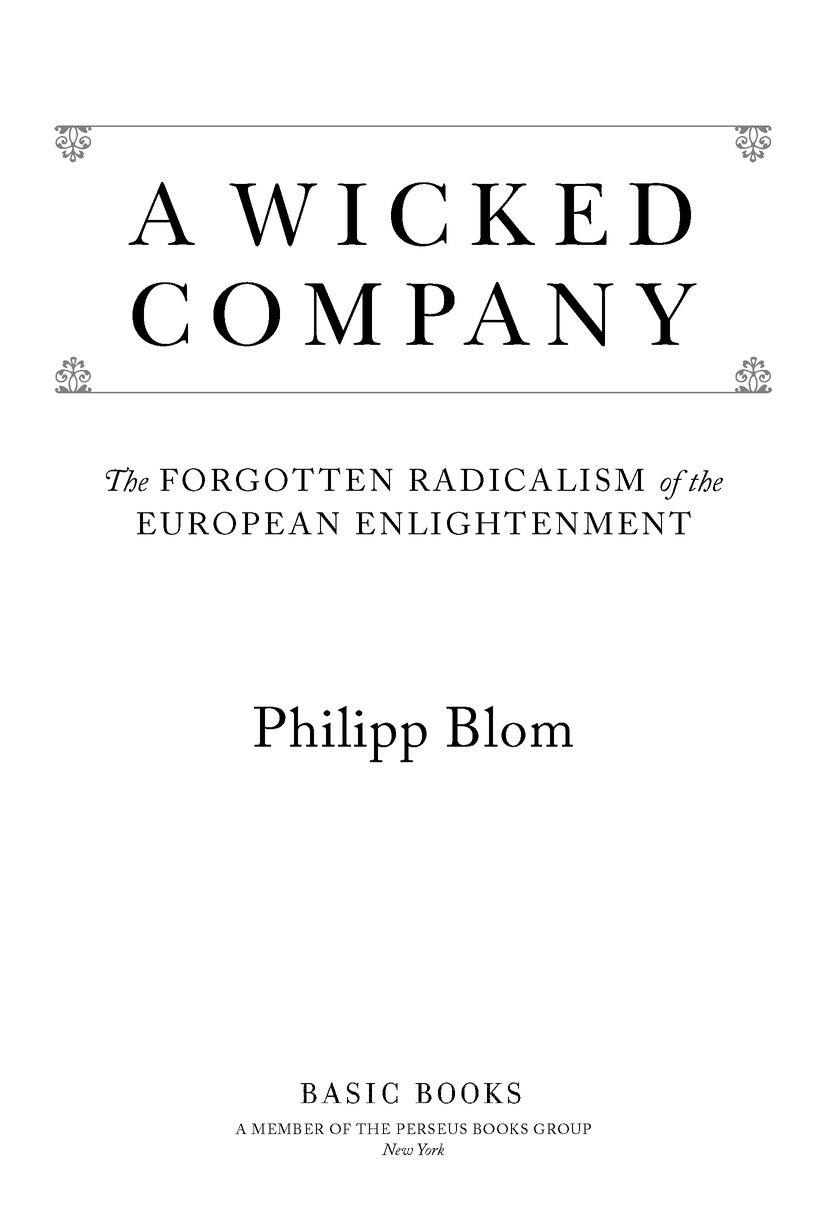Table of Contents
After a seminar I gave in 2007 in Bogot, Colombia,
I was approached by a boy of fourteen or fifteen years of age who
wanted to know, then and there, everything about Diderot,
Holbach, Rousseau, and the radical Enlightenment.
I was not able then to give him the reply he was looking for,
but this book is partly an attempt to answer him now.
I dedicate this book to him and to all those of his age
who are curious enough to question who we are and
courageous enough to imagine who we might become.
O you whom the itch to write torments like a demon and who would give all the mines of Peru for a grain of reputation: abandon that vile herd of vulgar authors who run after the others or who root in the dust of erudition, abandon the fastidious savants whose works are like endless plains without flowers and without end. Either dont write at all, or take another way: be great in your writings, as in your actions, show the world a soul that is lofty, independent.
JULIEN OFFRAY DE LA METTRIE,
Discourse on Happiness
INTRODUCTION
You can lose for all sorts of reasonsbecause you are not determined enough or because you are too fanatical, not flexible enough or too indifferent, not sufficiently strong, simply unlucky, too immersed in the details or too ignorant of them, too far behind your time or too far ahead of it. You can be a coward in victory and a true hero in defeat.
What is true for the living also holds for the dead. There is something like a stock market for reputations, which is watched anxiously by big investors in the prevailing version of history and with amusement by gamblers taking a punt on an obscure poet or a forgotten musician or philosopher trying to reestablish or tarnish his or her reputation. The workings of this marketplace are important to our present, because those whose stocks are highest, those with the most powerful and most numerous investors behind them, determine the ways we think about ourselves, the stories we tell about our world, the repertoire of our ideas. If Platos stock is riding above that of Aristotle and completely obliterating the value of Epicurus, then we are more likely to translate Platos thinking into our language, to tell our own stories along the lines he marked out for us.
On a sweltering summers day in Paris I went looking for two men who had triumphed in a historic battle but lost their very last. Once they had held in their hands the keys to a society that might have been freer and more just, less repressed and happier. They fought for this vision courageously and at great risk to themselves, but their ideas fell from grace, were deluged by the roaring tide of the French Revolution, and were eventually all but written out of history. They had lived magnificently, but after their death more than two hundred years ago, they had lost the battle for posterity, for the memory of future generations.
Today one of these men, Baron Paul Thiry dHolbach (1723-1789), is forgotten by all but a few specialized scholars, while the other, Denis Diderot (1713-1784), is known mainly as the editor of the great Encyclopdie and the author of a handful of innovative works of fiction. And yet Holbach was not only host to some of the most brilliant minds of the century but also an important philosophical writer in his own right, author of the first uncompromisingly atheist books published since antiquity. His work is ignored, while Diderot has been reduced to the role he most despised: that of collator of other peoples articles and ideas. His own philosophyso fresh, so humane, so liberatingdoes not even appear in many histories of philosophy. His message was too disquieting, too anarchic, too dangerous to be released into the world at large.
Walking through the streets of Paris, I wanted to visit the places they had known, the houses in which they had lived, and especially the house at which Holbach had held his then-legendary salon. The circle of friends around Baron dHolbach and his close friend and collaborator Diderot remains a kind of phantom ship in the history of philosophy to which rumors and legends have attached themselves like barnacles. Its members were part of a vast conspiracy that planned the French Revolution under the guise of debating questions of economics, some said; they were operating a factory for illegal books, which were written, revised, and disseminated by the thousands to bring down the monarchy, others believed. Most of their contemporaries agreed that Holbach and his cohorts were vile atheists who should be burned at the stake.
Sometimes historical reality is more rewarding and more exciting than even legend. Baron dHolbachs salon and its principal protagonists did foment revolutionary ideas, but it was more than a mere political revolution they were thinking about; they did write and publish subversive books, but they wanted to bring down something infinitely more vast than the monarchy or even the Catholic Church. The vision they discussed around the barons dinner table was one in which women and men would no longer be oppressed by the fear and ignorance instilled by religion but could instead live their lives to the full. Instead of sacrificing their desires to the vain hope of reward in the afterlife, they would be able to walk freely, to understand their place in the universe as intelligent machines of flesh and blood and pour their energies into building individual lives and communities based on their inheritance of desire, empathy, and reason. Desire, erotic and otherwise, would make their world beautiful and rich; empathy would make it kind and livable; reason would allow an understanding of the worlds immutable laws.
Before this paradisiacal and remote vision could be reached, the enemies of reason and of desire had to be defeated. The church condemned desire as lust and reason as pridemortal sins bothand perverted empathy into the practice of making people suffer now so that they could reap rewards after their death. The Enlightenment radicals saw it as their duty to convince their contemporaries that there is no life after death, no God and no Providence, no divine plan, but only a physical world of life and death and the struggle to survivea world of ignorant necessity and without higher meaning, into which kindness and lust can inject a fleeting beauty. During the eighteenth century, when such thoughts were regarded as heretical and punishable by death, defending these ideas was a truly herculean challenge.
Back in modern-day Paris, I faced a challenge of my own. Finding Holbachs town house proved more difficult than I had anticipated. I knew that it was in what was once the rue Royale Saint-Roch (pronounced rock), but the modern map diverges from the eighteenth-century city. The modern rue Saint-Roch is not identical with the previous one, which was renamed. The whole layout of the city had been changed during the nineteenth century, when Baron Hausmann realized his plans for a new Paris and demolished thousands of buildings and streets to create wide avenues (ideal for using artillery to crush the revolutions and popular uprisings for which the city was so famous) and spectacular visual axes throughout the city.
If you want to know which street used to be the rue Royale Saint-Roch you need to ask the parish priest, someone had told me. He knows everything about the history of the


